So, You’re Eyeing the Toilet…
Let’s have a moment of brutal honesty, right up top. Have you ever stood over the toilet, squinting, wondering if what you see is a problem… or just what happens after questionable takeout? It’s not exactly dinner conversation, but if you’ve just had antibiotics, have a wonky gut, or spent time in the hospital, maybe you’re asking yourself: what does C diff poop look like… and do I need to freak out?
Don’t worry. You’re in the right place. We’re keeping this convo real, a little messy (because, well, this is pretty messy!), and super practical. You’ll know exactly what to watch for, why your poop suddenly looks like something a mad scientist cooked up, and—most importantly—how to get your gut back on track.
“Wait, Did My Poop Just Change?”
Why Things Go Weird After Antibiotics
Antibiotics are like the bouncers at a club—sometimes they kick out the wrong people. Those meds wipe out both the “bad” and “good” bacteria in your gut. Usually, the good bugs bounce back, but sometimes, C diff crashes the party and causes absolute mayhem. (Honestly, it’s like your colon wants to star in a horror movie…)
If you’re asking, “What does C diff poop look like?” after a recent antibiotic spree, you’re not alone. I remember this one time after having a sinus infection—the antibiotics nuked my system. About a week later, my bathroom visits became…legendary. Not the kind of legend you want.
What to Watch For: Real Signs
- Frequent, watery diarrhea: Not your average upset stomach. We’re talking going more than three times a day, and it just keeps coming according to the Mayo Clinic.
- Mushy texture: It’s not just water; it’s almost porridge-like or fluffy. Vaguely gross? Yup. Necessary info? 100%.
- Color changes: Sometimes you’ll see yellowish or even greenish tinges. Not exclusively C diff (so, don’t panic at every green poop), but it’s one of those “hmm, something’s up” flags.
- Weird, strong odor: Some say it’s sweet. Some just say it’s foul. If your poop smells so strong you’re tempted to open every window, take note based on experience shared at MyCrohnsAndColitisTeam.
- Mucus or blood: Severe cases cause inflammation, and sometimes that means slimy or reddish stuff in the bowl. Not fun at all, and 100% worth a call to your doctor.
Quick Table: C Diff Poop Vs. Everyday Diarrhea
| Everyday Diarrhea | C Diff Poop |
|---|---|
| Maybe once or twice, resolves quick | Frequent (3+ times/day), persistent |
| Loose, but normal color/texture | Mushy, watery, sometimes green/yellow |
| Mild, usual bathroom smell | Super strong, sometimes sweet odor |
| Goes away with a bland diet/fluids | Does not resolve, often gets worse |
| No blood or mucus | Sometimes blood or mucus is present |
Feeling seen? Yeah, me too. This is the stuff nobody tells you until you’re frantically Googling from the bathroom floor.
“Is It Time to Worry?”
When Diarrhea Crosses the Line
There’s that moment you realize it’s gone on too long… and you start bargaining with your body. “Just give me one normal bathroom trip, please!”
For me, the tipping point was when hydration wasn’t enough—I started to feel woozy and kept seeing that weird, greenish mash each time. Plus, the cramps felt like a medieval punishment. That’s when I called my doctor (which, let’s be honest, should’ve happened two days earlier!)
If you notice:
- Diarrhea lasting more than two days (especially after antibiotics or hospital stays).
- Severe abdominal cramps, fever, nausea.
- That signature foul odor with every single trip.
- Blood or mucus, or your energy’s tanking fast.
It’s time. Don’t wait—get checked. You’re never “overreacting” by paying attention to your body.
The Story Nobody Wants: A Real C Diff Episode
Okay, quick real-life tale. A close friend of mine (let’s call her Jen) ignored what she thought was just a stubborn “stomach bug.” She lost count of the bathroom trips, started skipping meals… and the smell? Let’s just say, even her dog avoided the bathroom. When she finally went in, turns out it was C diff. Caught early enough for meds, but she swore she’d never ignore her gut instincts again. Literally.
“How Long Is This Going to Last?”
The Long Haul (And the Comeback)
So you get diagnosed—maybe your doctor runs a stool test, maybe your symptoms make it obvious. Treatment actually means more antibiotics (just different ones). Most folks feel better in a week or two, but not everyone’s path looks the same. That’s what makes reading about how long does C diff last super helpful—expectation management is everything. Want to dig into the nitty gritty? I totally recommend peeking at how long does C diff last.
Recovery isn’t always a straight line. Some folks get one-and-done (lucky!), while others deal with nagging symptoms or relapses. If you start to worry that you’re doomed to a life of bathroom sprints, check out guidance on once you have C diff do you always have it. Spoiler: relapses happen, but it’s not forever for most people.
What No One Tells You: Your Gut Hates Change
I found that my body was…let’s just say, “sensitive” for a while after. Probiotics, bland foods, hydration—those are your new BFFs. Honestly, I doubled down on bone broth and sleep. No regrets. Take it slow, celebrate each normal stool (never thought you’d be excited about that, right?), and hydrate like it’s your full-time job.
“So, Will This Haunt Me Forever?”
Understanding C Diff Recurrence (The Dreaded Comeback Tour)
You’ve probably heard a horror story about someone who just couldn’t shake C diff—from one round to the next, it kept popping back up. It’s scary, and I get it. But here’s the actual scoop: not everyone gets stuck with C diff for life. Some folks never see it again after treatment. Others might have a relapse, but that doesn’t mean it’s permanent.
If you’re worried about whether once you have C diff do you always have it, rest easy: for most, the answer is no. Sometimes you might need another course of meds, or even a special gut treatment (like, yes, fecal transplant… science is wild, right?). Keeping in close touch with your medical team makes all the difference. And if you notice those telltale signs again—yep, watery, mushy, super-smelly poop—don’t wait. Get ahead of it fast. You got this.
The Gut-Healing Playbook
- Eat simply. Stick with easy-to-digest foods (think bananas, rice, applesauce, toast—the BRAT diet is a lifesaver here).
- Hydrate, hydrate, hydrate. You lose a LOT of fluids. Grab electrolyte drinks if you can.
- Try probiotics. Some people find these help get that “good bacteria” count back up, but start slow. Too much too soon can backfire.
- Rest is healing. Your body does amazing repair work when you give it a chance to chill.
I’ll forever remember my “bone broth and rice phase.” Unexciting? Maybe. Effective? Absolutely. Every bland meal felt like a tiny victory.
Mistakes, Missteps & Lessons Learned
Looking Back, Moving Forward
The first time you figure out what does C diff poop look like, it’s easy to either minimize it (“I’ll be fine—it’s just a stomach thing”) or spiral into worst-case scenarios. I’ve done both. Know what helps? Pay attention. Ask questions. Lean on people who get it—whether it’s your doctor, your friends, or random internet strangers in the bathroom at 2 am, scrolling forums. (Been there, no judgment!).
And if you’re feeling scared about C diff always being a thing now, remember that guidance on once you have C diff do you always have it can answer a lot of your “what if” worries. Spoiler: the majority don’t get plagued forever.
I also recommend reading about how long does C diff last so you’re not sitting there, counting days, and losing hope. Knowing you’re not alone? That’s half the battle.
What Now? Your Gut. Your Move.
If you’re reading this while doubled over, stressed, and staring at a bowl of yellow mush, I’m sending you a virtual high five. It’s hard, but you’re definitely not alone. Recognizing what does C diff poop look like isn’t about panic—it’s about being proactive. Catching those early warning signs—watery, frequent, weird-smelling, sometimes greenish or yellowish, maybe with some mucus or blood—means you can act fast and avoid bigger problems down the road.
And please, remember…your gut has a way of bouncing back. Maybe not right away (there will be awkward bathroom stories to tell, for sure), but healing happens. If your poop looks off and you’re worried, don’t just grin and bear it. Call your doc. Hydrate like crazy. Go gentle on your belly, and don’t be afraid to repeat yourself to your doctor until you get answers that make sense.
What’s helped you get through a rough gut patch? Ever had a weird symptom that turned out to be something you’d never heard of? Tell me your wildest recovery hack—I promise, judgment-free zone here. And if you need extra support, go check out those articles on how long does C diff last and once you have C diff do you always have it. You don’t have to figure this out solo.
Your gut—and your peace of mind—deserve it. Here’s to normal poops someday soon. (And trust me, you’ll never take them for granted again!)

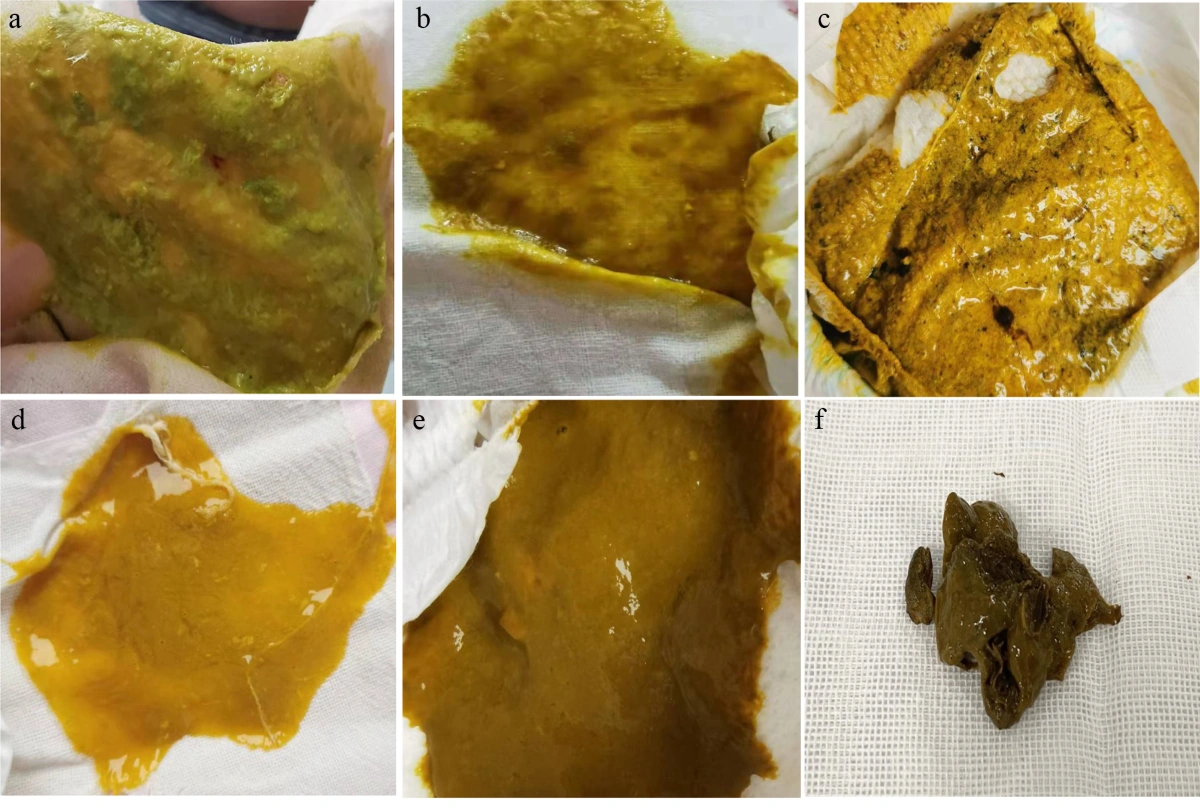
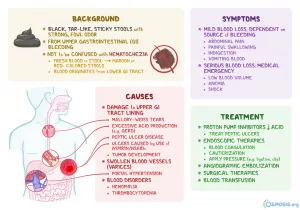











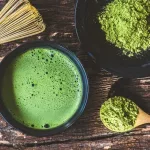



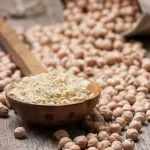



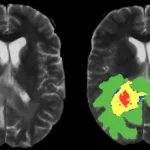


Leave a Reply
You must be logged in to post a comment.